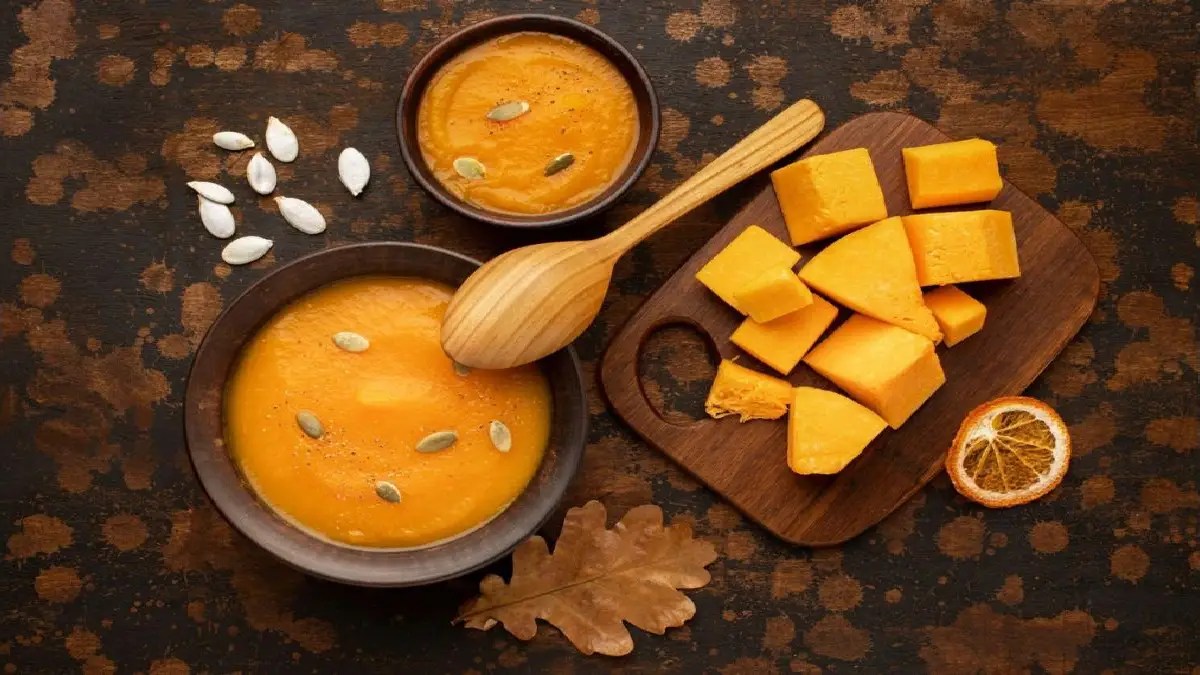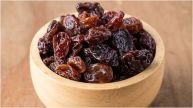New Delhi: Have you ever found yourself wandering the house in search of your misplaced car keys? You might be intrigued to discover that a delightful serving of Pumpkin Halwa could be your saving grace. That’s right – the power of nutrition might just help jog your memory.
What Makes B12 So Special?
The intricate maze of neurons and synapses in our brain depends heavily on the smooth supply of vitamins, particularly Vitamin B12, also known as Cobalamin. This potent vitamin is an unsung hero when it comes to maintaining our nervous system and brain health. A lack of B12 can sometimes be the sinister cause behind memory lapses.
Alarmingly, more Indians are getting trapped in the jaws of B12 deficiency. The symptoms range from mere fatigue and mild depression to more severe repercussions such as brain shrinkage, severe memory loss, and even peripheral neuropathy, leading to balance issues.
However, there’s a silver lining. With a slight twist in your diet, you can maintain optimum B12 levels. The spotlight here falls on certain veggies, notably peas and the versatile pumpkin.
How to Get Your Daily B12?
Soy Protein enthusiasts, listen up! While soy is a powerhouse of nutrition, when it comes to Vitamin B12, here are the foods you should consider incorporating:
Eggs: Whip up a hearty omelette with three to four eggs, and you’re good to go. While the yolk is the star here, the white holds its own too.
Dairy Delights: Two cups of paneer or curd can bridge your daily B12 gap. Cheeses like Swiss, parmesan, mozzarella, and feta come packed with this vitamin.
Milk Magic: A pair of milk glasses not only nourishes bones but also supplies B12. Add a bowl of cornflakes, fortified with B12, and reap double benefits.
Meaty Affair: For the non-vegetarians, a chicken breast, a shoulder of lamb, or mutton liver can load up your plate with over 60% of the required B12.
The Vegetarian’s B12 Challenge
Vegetarians and vegans might find it a tad challenging to meet their B12 quota, as the vitamin primarily resides in non-vegetarian and dairy sources. But fret not! Drinking a glass of pumpkin juice or munching on pumpkin seeds can be a great solution. You can also try raw protein to meet up your protein and other essential nutrients requirement.
Pumpkin Halwa: A Sweet Solution
This vibrant dessert is not only a treasure trove of B12 but also a delightful blend of flavors, covering essential nutrients.
Ingredients:
- Grated yellow pumpkin: 1 ½ cup
- Jaggery powder: ¼ cup
- Ghee: 2 tsp.
- Cardamom powder, saffron, nuts (almonds, walnuts), raisins: a pinch each
- Water: 1 cup
Steps:
- Heat a spoon of ghee and sauté the pumpkin until its raw smells go away.
- Pour in water, simmering until absorbed.
- Blend in jaggery until dissolved, followed by another ghee dollop.
- Finish with cardamom, saffron, nuts, and raisins. Enjoy it!
Pumpkin’s Culinary Journey
Often overshadowed in Indian culinary landscapes, the humble pumpkin or ‘kaddu’ possesses immense versatility, ready to soak up any flavor it’s introduced to. Whether you’re whipping up a gourmet pumpkin ravioli or a rustic roast pumpkin soup, its adaptability is commendable.
Historically labeled as Pepon by the Greeks, and Pumpion by the English, pumpkin has graced many cultures and cuisines. Rich in beta carotene, this vibrant veggie is a nutritional powerhouse.
The next time you’re about to indulge in a bowl of Pumpkin Halwa, remember you’re not just satisfying your taste buds, but also giving your brain a vitamin-packed treat! As you delve into the world of nutrition, it becomes evident that the right nutrients, whether its On whey protein, or any other protein-rich food or natural quality supplement play a significant role in not just building muscles but also protecting our memories when incorporated to your diet the right way.










